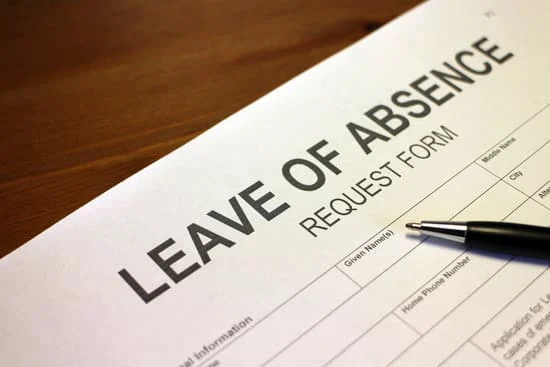If you have spent any time in a workplace you probably have experienced various levels of feedback from your employer.
Those sit-downs, both formally in scheduled performance reviews and informally when the boss asks you to step into their office, come in all varieties.
Sometimes the feedback can come off as superfluous with an uncaring supervisor quickly checking generic boxes that provide no real insight or help to sharpen your role with the company.
Sometimes the feedback can come off as a blindside negative attack with nothing positive offered and no roadmap forward to improve your performance or situation.
And if you are lucky, you have experienced what may be the rarest of all feedback – constructive feedback that offers you an honest assessment of your job performance, with both good and bad, in a thoughtful way that can make you a more productive employee.
“Constructive feedback can be a game-changer for your business and your workers’ lives. Say the right thing at the right moment, and you might just send your colleague into a career-altering upward spiral, and there’s a good chance they’ll take your business results with it,” writes Jesse Sumrak in foundr magazine.
Ongoing Communication Key During “The Great Resignation”
Ongoing communication is vital in a historic tight labor market driven by what has been called “The Great Resignation” as employees quit and move to other jobs in record numbers during the pandemic.
“After two years of living with daily uncertainties about our health, economy, and what we want our jobs to look like going forward, it’s important for employers to show up as a stabilizing force employees can count on,” Gallup’s Ben Wigert wrote.
Gallup asked 13,085 U.S. employees what was most important to them when deciding whether to accept a new job offered by a new employer.
While it is no surprise that an increase in pay or benefits was No. 1 in importance, it was more than just about the money with more than half of the employees surveyed citing the ability to do what they do best at work being important.
“When people have the opportunity to do work, they are naturally gifted at and trained to do, they enjoy their work, find it stimulating, and want to do more of it,” wrote Wigert. “Unsurprisingly, this item remains one of the most important for workers. Workers who aren’t allowed to use their strengths very often seek jobs where they can; workers who do get to use their strengths seek out jobs where they get to use them even more.”
McKinsey & Co. found that “employees expect their jobs to bring a significant sense of purpose to their lives. Employers need to help meet this need or be prepared to lose talent to companies that will.”
As Sumrak pointed out, constructive feedback that helps your employees find their purpose at work can be a win for both the organization and individual.
“People who live their purpose at work are more productive than people who don’t. They are also healthier, more resilient, and more likely to stay at the company. Moreover, when employees feel that their purpose is aligned with the organization’s purpose, the benefits expand to include stronger employee engagement, heightened loyalty, and a greater willingness to recommend the company to others,” said McKinsey & Co.
Ways to Provide Employees with Constructive Feedback
Of course, knowing that you need to provide your employees with constructive feedback and actually being able to execute it can be very difficult.
“Giving constructive feedback can feel like walking a tightrope while juggling a pair of rabid ferrets – scary, awkward, and a wee bit dangerous,” jokes Sumrak.
Sumrak’s playbook for providing constructive feedback including these tips:
- Radical Candor: It may sound like a good band name, but radical candor, says Sumrak, is not “brutal honesty” but is feedback that shows you “care personally and challenge directly at the same time.” Think of it as that kind of frank advice you welcome from a BFF.
- Address the “Why”: It is important to let the employee know why they are receiving constructive feedback, especially if it is not part of a regularly scheduled performance review.
- Start with the Good: It is always good to deliver the good news first in any situation. Employees will be better prepared to receive any negative feedback after they have been told what they are doing right.
- Clear and Concise: Employees need to understand the constructive feedback so get to the point as quickly as possible and present it in a manner that is easy to understand.
- Solutions that Work: If your feedback does not include any solutions then it is not constructive. What the employee can do going forward is crucial.
- Timing is Everything: Every hour at your workplace is clearly not equal! Feedback given on a Monday morning, for example, is going to be a lot easier to digest than that given late on a Friday just before the weekend.
- Empathy: Nobody wants feedback from a robot. Your feedback should come from a place of caring.
- 2-Way Street: Constructive feedback is even better if it is a 2-way conversation with the employee able to speak out.
- Privacy Please! You could provide the greatest constructive feedback in the world but if it is done in public and not private then it will never be constructive.
If you need any help on employee issues of any kind, let us help you.






